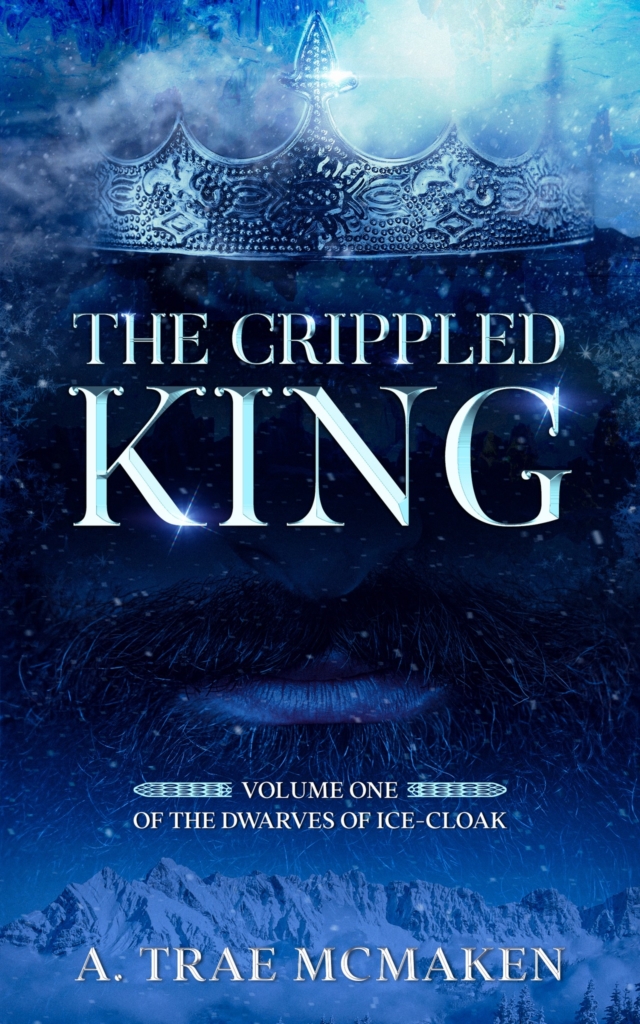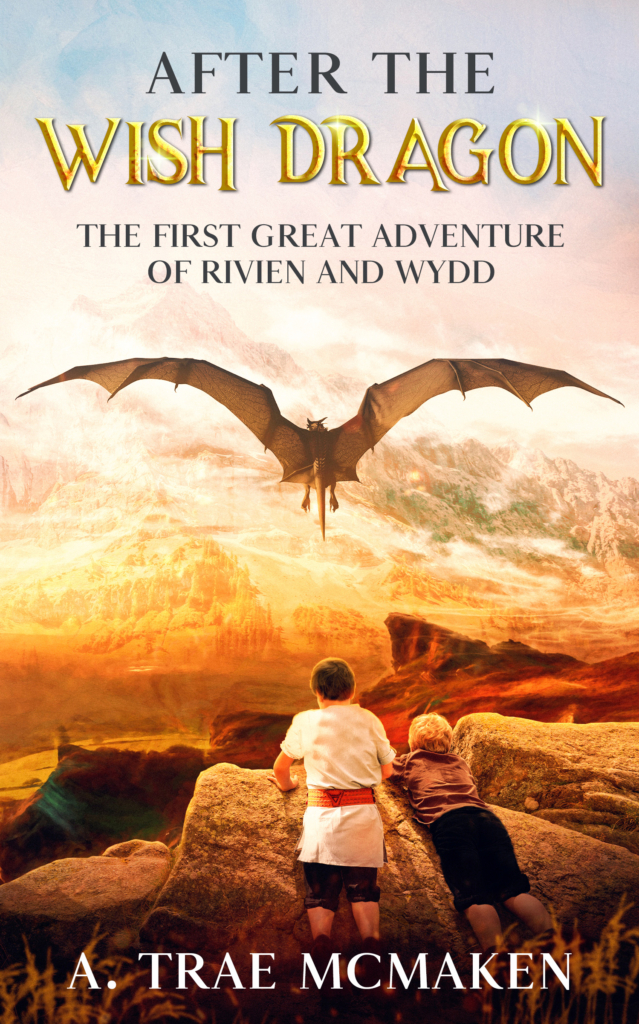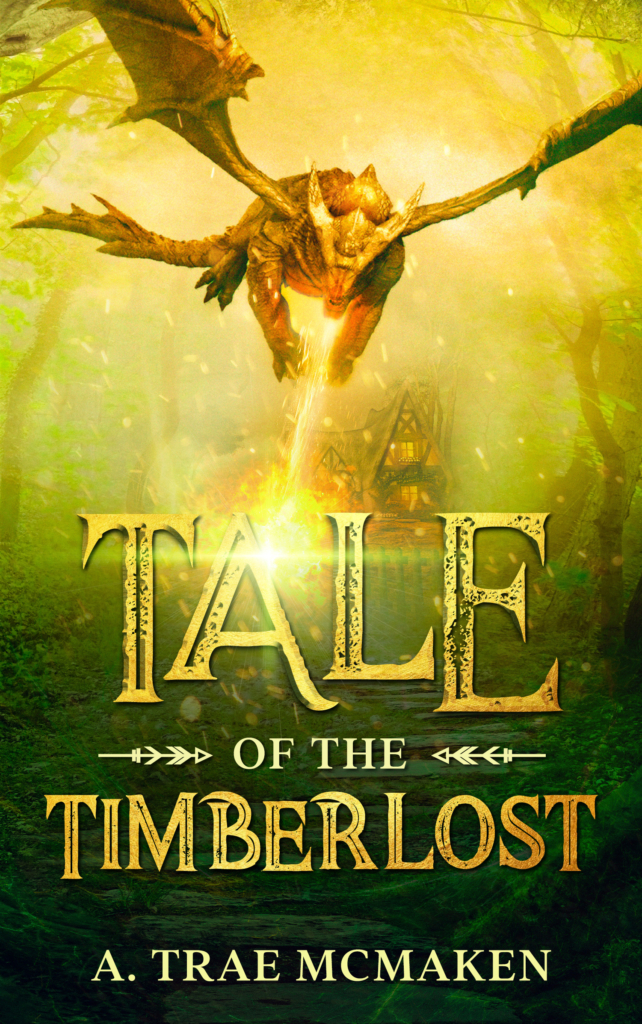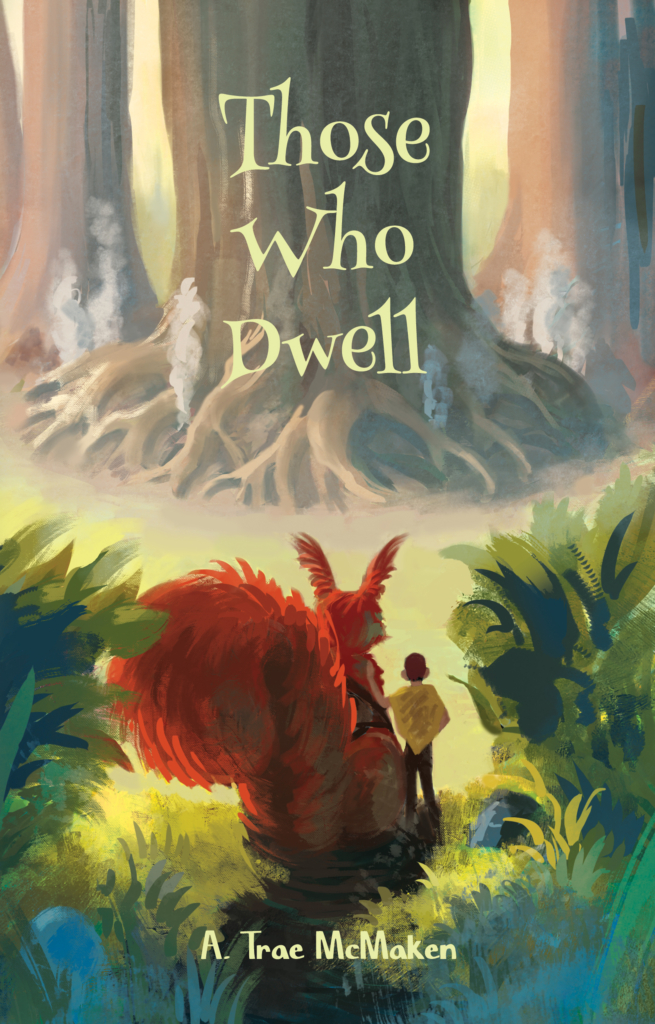I'm inspired to post this topic by a comment from Raven made on my post of a friend's story, although I've tried something similar before and gotten no results. I'd like to give it another go, although I have no guarantee of it doing any better. But for practicing writers and anyone else who loves a good story, it's something to think about.
There a many ways to hook a reader with a story. It doesn't necessarily have to be the first page - some stories need time to really get going. However, there's something truly magical about immediately catching someone's eye with a marvelous opening sentences and, in addition to but not exclusively, a great first paragraph. Getting hooked in the first moment, being taken into the story by the power of the prose, is a special kind of craft (one which I do not find myself being talented in), and it may be the make-or-break difference in keeping readers from setting a book down. Some books are better than others in this and set a standard for others to follow, and that's what I want to discuss now.
What exactly is it that makes a great opening sentence? What makes the entire paragraph catch you immediately? What are some great examples of both and why are they so memorable? How do you personally feel that they relate to the rest of the story? How important are they in your personal opinion? How do you separate a strong opening from a weak one?
Feel free to contribute, as I'd love to hear your opinions. To demonstrate, pulling from my first go at the subject, here's one opening that I consider immediately drawing:
Last night I dreamt I went to Manderley again. It seemed to me I stood by the iron gate leading to the drive, and for a while I could not enter, for the way was barred to me. There was a padlock and a chain upon the gate. I called in my dream to the lodge-keeper, and had no answer, and peering closer through the rusted spokes of the gate I saw that the lodge was uninhabited.
-Rebecca (1938) by Daphne du Maurier
There a many ways to hook a reader with a story. It doesn't necessarily have to be the first page - some stories need time to really get going. However, there's something truly magical about immediately catching someone's eye with a marvelous opening sentences and, in addition to but not exclusively, a great first paragraph. Getting hooked in the first moment, being taken into the story by the power of the prose, is a special kind of craft (one which I do not find myself being talented in), and it may be the make-or-break difference in keeping readers from setting a book down. Some books are better than others in this and set a standard for others to follow, and that's what I want to discuss now.
What exactly is it that makes a great opening sentence? What makes the entire paragraph catch you immediately? What are some great examples of both and why are they so memorable? How do you personally feel that they relate to the rest of the story? How important are they in your personal opinion? How do you separate a strong opening from a weak one?
Feel free to contribute, as I'd love to hear your opinions. To demonstrate, pulling from my first go at the subject, here's one opening that I consider immediately drawing:
Last night I dreamt I went to Manderley again. It seemed to me I stood by the iron gate leading to the drive, and for a while I could not enter, for the way was barred to me. There was a padlock and a chain upon the gate. I called in my dream to the lodge-keeper, and had no answer, and peering closer through the rusted spokes of the gate I saw that the lodge was uninhabited.
-Rebecca (1938) by Daphne du Maurier





